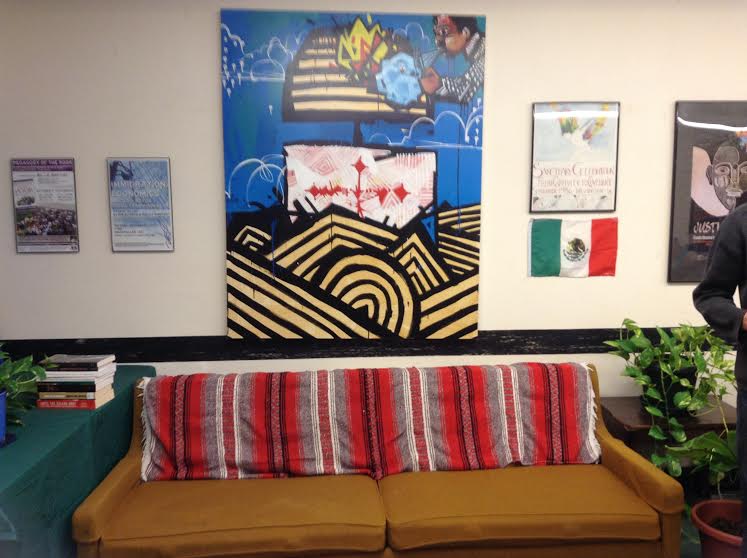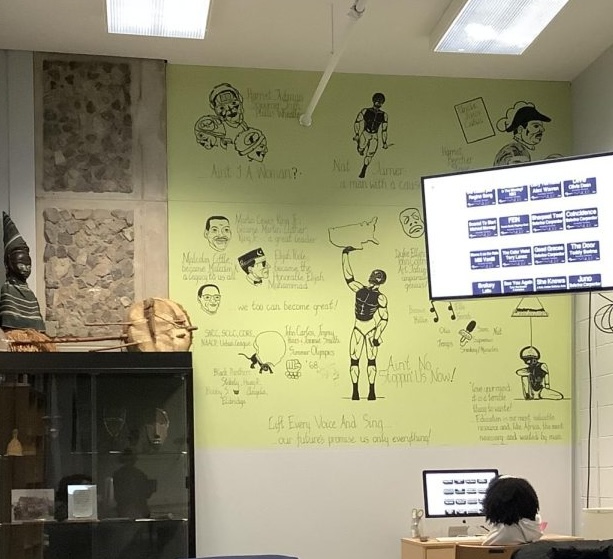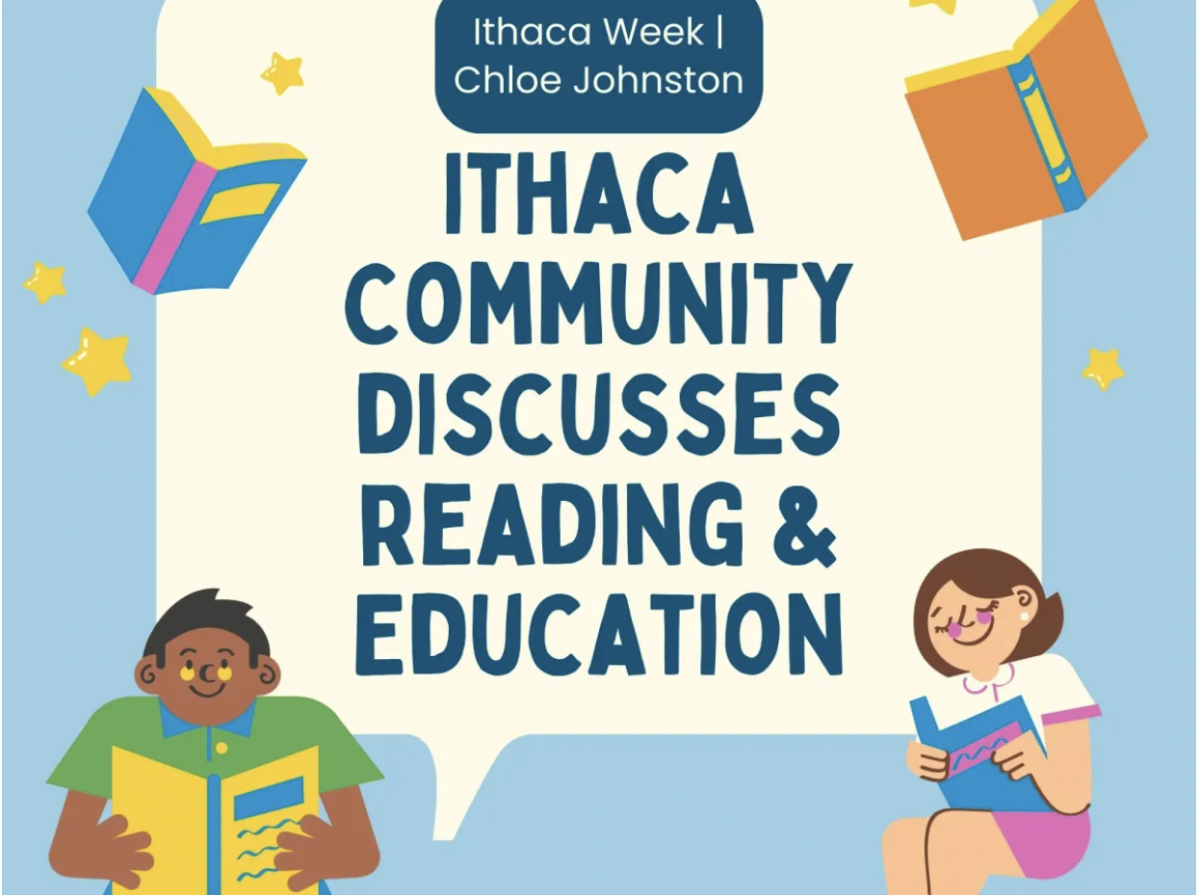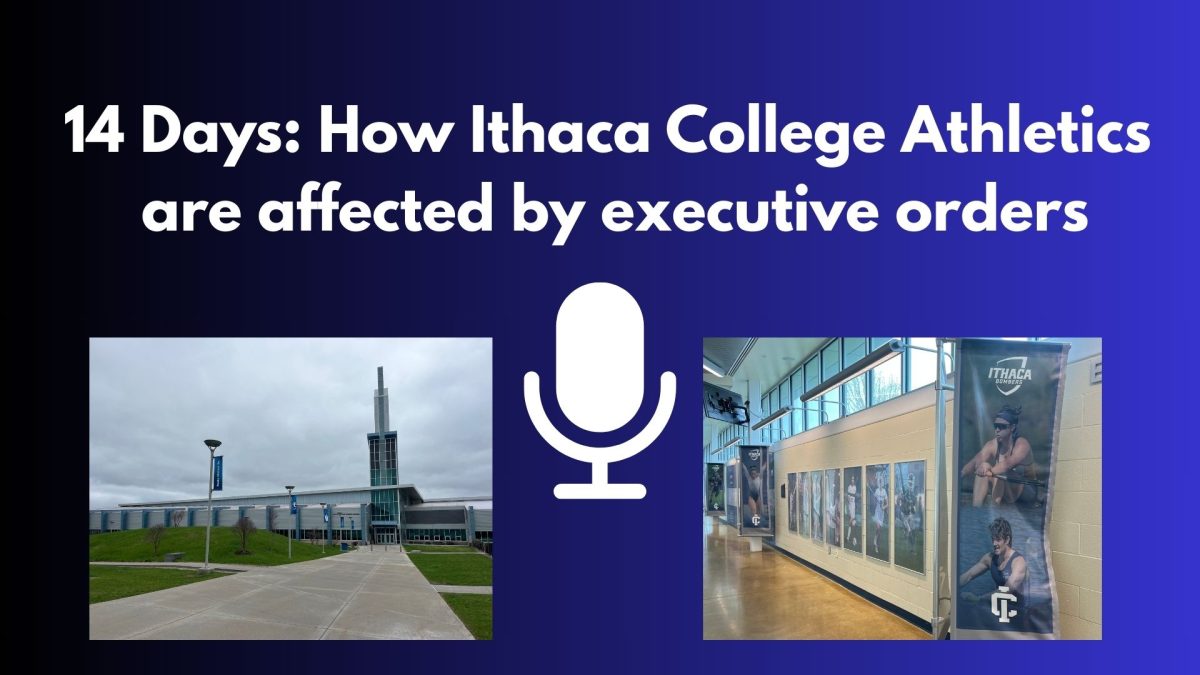When Tim Shenk moved to Ithaca to apply to graduate school at Cornell University, he knew it would be a different experience. After all, Shenk had just spent five years living in the Dominican Republic and working at a global justice organization. He would soon become a part of two families, one at home and one on Cornell’s campus.
Alicia Swords is Shenk’s wife, whom he would meet shortly after arriving in Ithaca; and CUSLAR (Committee on U.S.-Latin American Relations) is the social justice organization where he would fill a leadership role. Shenk has served as the CUSLAR Coordinator since March 2011, and Swords, who is a professor at Ithaca College, has held a position on the group’s advisory board since 2005.
“Alicia was the one that introduced me to CUSLAR in the first place, and it’s been a real joy to be able to work together,” Shenk said.
CUSLAR, which was founded by Cornell students and religious leaders in 1965, celebrated its 50th anniversary last month. The event featured various speakers from both the United States and Latin America who came to Cornell’s campus to discuss a number of social issues plaguing both the United States and Latin American countries.
The organization was started in order to draw attention to important social and political issues across Latin American nations, with the hope that U.S. military intervention would cease. While the founders of CUSLAR may have felt that what they were doing would have an impact in the short term, what happened certainly came as a surprise to many.
“It was interesting to hear at the 50th anniversary when one of the women who founded the organization as a grad student came back and said that ‘I’m just thrilled to see that this organization is still going. We pictured this would be an organization that would have its moment. Once U.S. military interventions were over in Latin America then we figured people would go their own way and do their own thing.’” Tim said.
Swords, who was present at CUSLAR’s 40th anniversary during the beginning of her involvement on the advisory board, also observed that many of the group’s original members did not expect CUSLAR to turn into what it has become.
“For me, it wasn’t a total surprise that the organization would make it to 50 years, but there was some time in there in the mid-2000s when things were pretty rocky,” Swords said. “It’s tricky to figure out how to fund an organization that’s just a grassroots organization, it’s you know, built on community education, basically. So there was some time when the 50th anniversary wasn’t a given.”
CUSLAR no longer serves the initial purpose for which it was created, but there are still important issues that the group looks to draw awareness towards. Two of the major issues CUSLAR is currently focused on are peasants’ rights and migration. The latter of these topics is one that Shenk believes is crucial.
“We’re looking at one of the largest migrations in the world since World War II,” says Shenk. “There are double the amount of people on the move than 20 years ago.”
With a common focus and goal, Shenk and Swords continue to work together to increase the impact CUSLAR has both in Ithaca and around the world. As Shenk continues to run the day-to-day operations of the organization by scheduling speakers, putting together newsletters, and managing CUSLAR’s internship program, among other essential tasks; he knows that the advising and knowledge of U.S.-Latin American relations Swords provides both to him and the group itself is essential.
“We think about CUSLAR a lot at home,” Shenk said. “She’s been an amazing support all along and encourages me to dream big dreams about what this organization can be and to kind of live into the legacy that there is here.”
As Shenk attempts to dream those big dreams and help educate the next generation on today’s global issues, others are feeling the impact that Shenk and Swords bring to the table with their unique combination of love and education.
“I think it’s really amazing working with them,” said Julia Smith, a senior at Cornell. “They’re both really passionate about the different things that they’re involved in.”
Smith currently interns for CUSLAR and traveled with Shenk and Swords to the Dominican Republic this past summer. The trip was part of an eight-week service learning program through Cornell’s Global Health program and CUSLAR that helped Smith complete her global health minor.
Now that the 50th anniversary celebration is over, CUSLAR looks ahead to the latest global issues surrounding U.S.-Latin American relations. As the organization attempts to push those issues to the forefront, Swords knows that she and Shenk are both in a very ideal situation.
“I think it’s a great job for him here in town and it’s been a really good way for me to stay connected with CUSLAR, too,” Swords said. “So, I have an official role with CUSLAR and the unofficial role of listening to the coordinator regularly.”



















